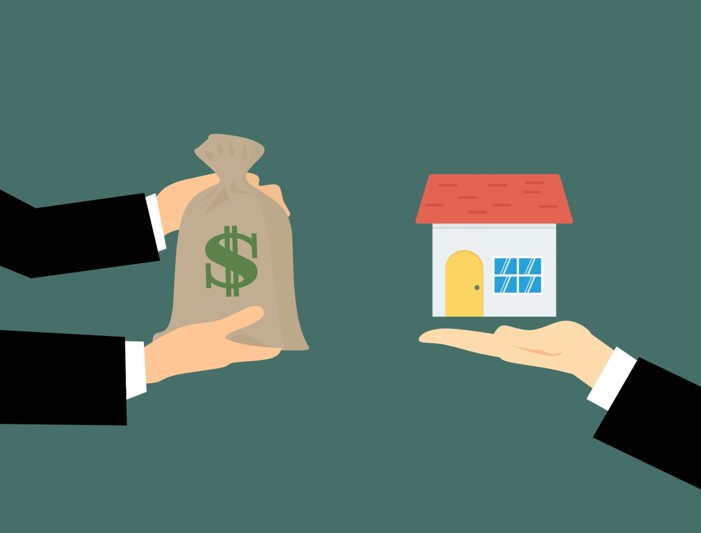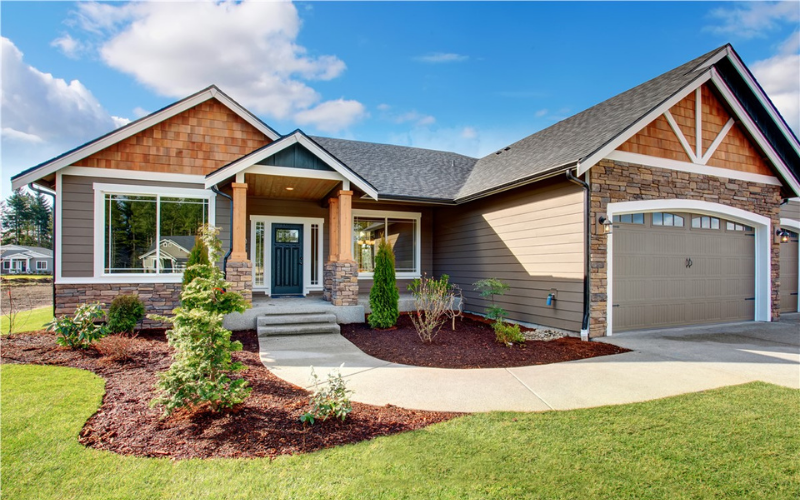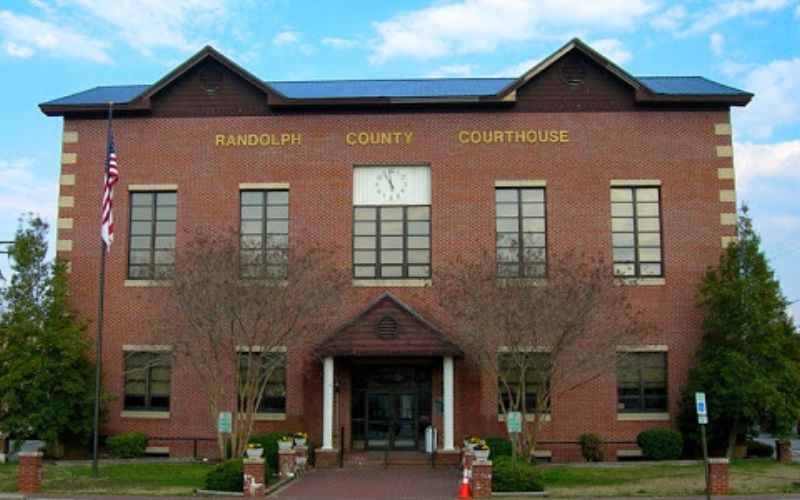
They cite today’s TV commercials in which a different sort of agent says, “We know a thing or two because we’ve seen a thing or two” to describe realty-gone-wrong realities.
Jean McLean >>> Twitter
Let’s be honest. Realtors have pretty obvious reasons to discourage owners from DIY house sales. For Sale By Owner (FSBO) properties don’t yield commissions for sales agents.
But Realtors say there are real reasons for sellers to reconsider FSBO plans. They cite today’s TV commercials in which a different sort of agent says, “We know a thing or two because we’ve seen a thing or two” to describe realty-gone-wrong realities. Alabama Realtors have seen sellers struggling to understand real estate law during the confusing maze of a 30-day close.
Tonya Smitherman of Birmingham’s eXp Realty is one of the Alabama Realtors who have seen those struggles while serving as a buyers’ agent for FSBO properties. “Sometimes my clients see a home that’s FSBO and they will contact me, giving me the address and phone number,” she says. “After I do my due diligence, checking the property to make sure who the actual owners are, I’ll contact the sellers to let them know I have a buyer interested in viewing the property. I ask if they are willing to work with a buyers’ agent – basically, if they are willing to pay my commission, typically half of what they would pay if listed with a selling agent.
“The few times sellers have said no, we didn’t go any further. My clients weren’t willing to look at the house, because they wanted professional representation. But I have watched the sellers who have said yes and sold their homes to my clients as they had to do all the things that a Realtor usually does. Not having their own agent really put those sellers at a disadvantage.”
Smitherman and other members of the Greater Alabama Multiple Listing Service understand why some sellers choose FSBO. But they also suggest owners consider the following before launching into DIY territory:
- Personal security. Are you willing to allow strangers into your home? How will you screen those strangers, to confirm their intentions? How will you protect other members of your family during showings?
- Financial security. How will you determine whether a buyer is financially prepared? Will you require lending documentation? Do you have a plan to ensure your property is secure during showings?
- Pricing. How will you know whether your home is priced to market? What comparative data will you offer buyers or their agents who ask how you arrived at your listing price? If you intend to price competitively, are you prepared to handle multiple bid legalities?
- Staging. How will you identify your likely buying demographic? Do you know how to prepare the property to appeal to that demographic? Do you need referrals to personal stagers, moving or storage firms? Do you have a daily prep plan? Are you able to relocate elders, children or pets while you meet potential buyers onsite?
- Marketing. How will you publicize your property? Do you have access to a real estate photographer? If you take the photos yourself, do you know the legalities of photo editing? How will you receive inquiries – email, cell phone, home phone, social media? How quickly will you respond? What hours/days are you willing to respond? What lead time do you need for showings? Are you willing to accommodate drive-by buyers?
- Telling. Can you resist the old realty axiom, “Sellers are tellers?” Are you able to talk about your property without disclosing details that put you at a disadvantage? Do you know what not to say about your future plans? Will you remain pleasantly silent when buyers make negative comments, or will you defend your home?
- Contracts and Negotiations. Are you able to negotiate without emotion? Do you have immediate access to someone well-versed in Alabama real estate law? Do you know your area’s common contingencies, including what will and will not release each party from the contract? Do you know which processes are typically paid by each party, and how each of those processes are noted within the contract? Are you familiar with customary time lines, including lending calendars?
- Networks. Do you have access to repair, inspection and other insured-and-bonded local professionals? Do you need referrals to closing attorneys, title companies or other services? Are you familiar with pre-closing processes coordinated by the seller’s agent, the order in which each must be done, and how those fees are paid?
- Moving. Are you able to simultaneously coordinate your move and closing? Do you have a walk-through checklist? Are you prepared to assemble the required resources for the buyer, from remote openers to keys to passwords? Do you have the resources to secure utilities, cleaning services and double-check provisions for fixtures, furniture and other items as specified in the sales contract?
- Closing. Will you engage someone to represent your interests at the closing table, or do you already understand all closing documents? Will you be able to arrange funds transfers? Do you have a liabilities checklist, including HOA or other fees? Are you prepared to work with the buyer’s lender in the final days to ensure a successful close?
Smitherman knows some owners can and do sell their own homes successfully. However, she says those who make that choice should ensure they have the time and expertise to see the process through. “The seller’s agent does more than most realize to protect both sides,” she says. “Selling a house should be an awesome experience for both parties. Buyers’ agents and sellers’ agents are there to make things go smoothly, and to offer expertise and resources that lead to a positive outcome for everyone.”
This blog is made possible by the Greater Alabama Multiple Listing Service (GreaterAlabamaMLS.com), a subsidiary corporation of BAR that was founded in 1958 and is recognized as Alabama’s trusted real estate authority.





